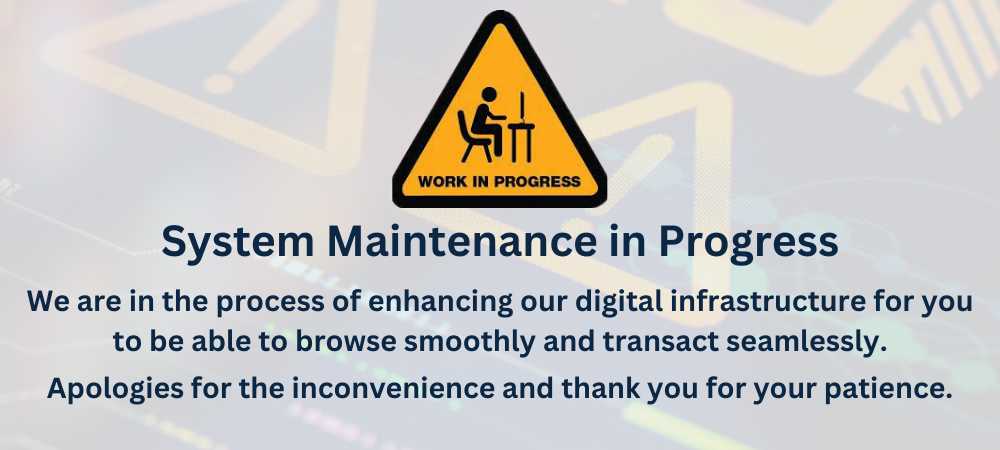Blog |
When it comes to investing, the abundance of options can feel like both a blessing and a curse. We live in a world where nearly every financial need or goal has a tailored investment product: mutual funds, ETFs, direct equities, fixed deposits, bonds, REITs, crypto assets, insurance-linked investments, and more. Yet, this explosion of choices has also created a problem—decision fatigue. Known as “choice overload,” this psychological phenomenon can leave investors feeling overwhelmed and paralyzed, resulting in poorer decision-making or even procrastination. Let’s break down why too many options can cloud our financial judgment and explore ways to find clarity amidst the chaos.
What Is Choice Overload?
Psychologists Sheena Iyengar and Mark Lepper famously explored the concept of choice overload in their 2000 study, often referred to as the “jam experiment.” In it, consumers were given either six or 24 varieties of jam to sample. While more people were initially drawn to the display with 24 choices, they were far more likely to actually purchase jam when offered only six options.
Choice overload happens when we have so many options that it becomes difficult to make a decision. This often leads to analysis paralysis or fear of making the wrong choice.
Why It Matters for Investors
In India, the financial landscape offers an abundance of investment options that has grown significantly over the years. According to the Association of Mutual Funds in India (AMFI), there are over 2,500 mutual fund schemes available in India, with categories ranging from large-cap and mid-cap funds to thematic funds, debt funds, and balanced funds. Additionally, Indian investors can choose from 5,000+ listed stocks on the Bombay Stock Exchange (BSE) and National Stock Exchange (NSE). And with newer options like Real Estate Investment Trusts (REITs), Infrastructure Investment Trusts (InvITs), alternative investment funds (AIFs), and even international funds that invest in global markets, the range of investment products can indeed feel like a complex maze.
The Psychological Impact of Too Many Choices
When faced with too many options, investors experience cognitive overload, FOMO, and regret aversion. All of these can lead to impulsive decisions or missed opportunities.
Real-Life Impact of Overchoice on Portfolios
Studies specific to Indian investors have found that too many investment choices can lead to “analysis paralysis”—a phenomenon where investors become so overwhelmed by options that they delay or avoid making decisions altogether. For instance, a 2023 survey by Morningstar India revealed that 42% of Indian investors felt overwhelmed by the variety of mutual funds, while one in three investors delayed investments because they couldn’t decide between options.
The increased availability of choices has also led to frequent “switching behavior” among Indian investors. Data from the Securities and Exchange Board of India (SEBI) indicates that high churn rates are common in portfolios where investors regularly move between funds in search of higher returns. This “chasing performance” behavior often leads to suboptimal outcomes, as investors buy high and sell low, missing out on long-term growth
Simplifying Your Portfolio: Focus on Goals, More than Products
Setting a clear financial goal – whether it’s building an emergency fund, saving for retirement, or purchasing a home – will help narrow down your options. For instance, if your goal is retirement savings, you may want to focus on long-term growth investments like index funds or retirement-specific accounts rather than short-term or speculative options.
- Limit Fund Selection Within Categories: With over 2,500 mutual fund options, limiting choices within specific categories (like large-cap, multi-cap, or hybrid) can simplify your portfolio. Choosing one or two high-performing funds in each desired category reduces complexity and improves manageability. AMFI’s periodic star ratings and consistency rankings can help narrow down choices to the best performers within each segment.
- Use the “Core-Satellite” : Approach A “core-satellite” strategy can be effective for Indian investors. Here, the “core” of your portfolio consists of stable, diversified funds—such as large-cap equity or hybrid funds—that form the foundation. “Satellite” investments can include more specialized or thematic funds, like sectoral or international funds, that make up a smaller percentage of your portfolio, allowing for some growth potential without overwhelming your portfolio with too many options.
- Consider SIPs for Steady Investment: Systematic Investment Plans (SIPs) help eliminate the pressure of timing the market or making lump-sum decisions. Regular SIP investments into a few well-chosen funds ensure a disciplined approach to wealth creation. SIPs are particularly valuable in the Indian context, as they allow you to start small and incrementally build a diversified portfolio without the stress of selecting multiple new funds frequently.
The paradox of choice is a common stumbling block in the investment world, but it doesn’t have to stand in your way. By focusing on clear goals, limiting choices to core investments, applying simple rules, and seeking expert advice when needed, you can navigate the overwhelming array of investment options with confidence and clarity.
Investing is a journey best guided by consistency and simplicity, rather than an endless pursuit of the next big thing.
Ms. Mahati Pandya
AVP – Marketing & Strategy at Epsilon Money

